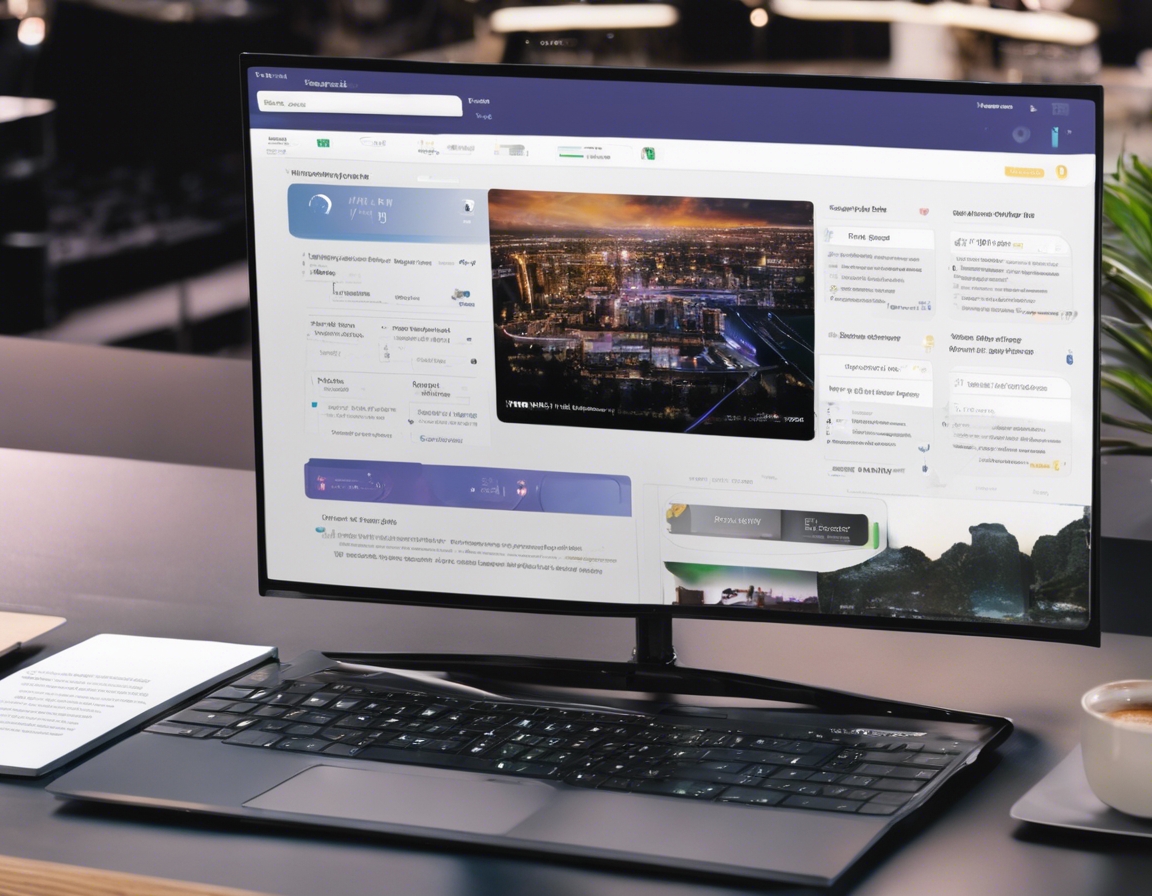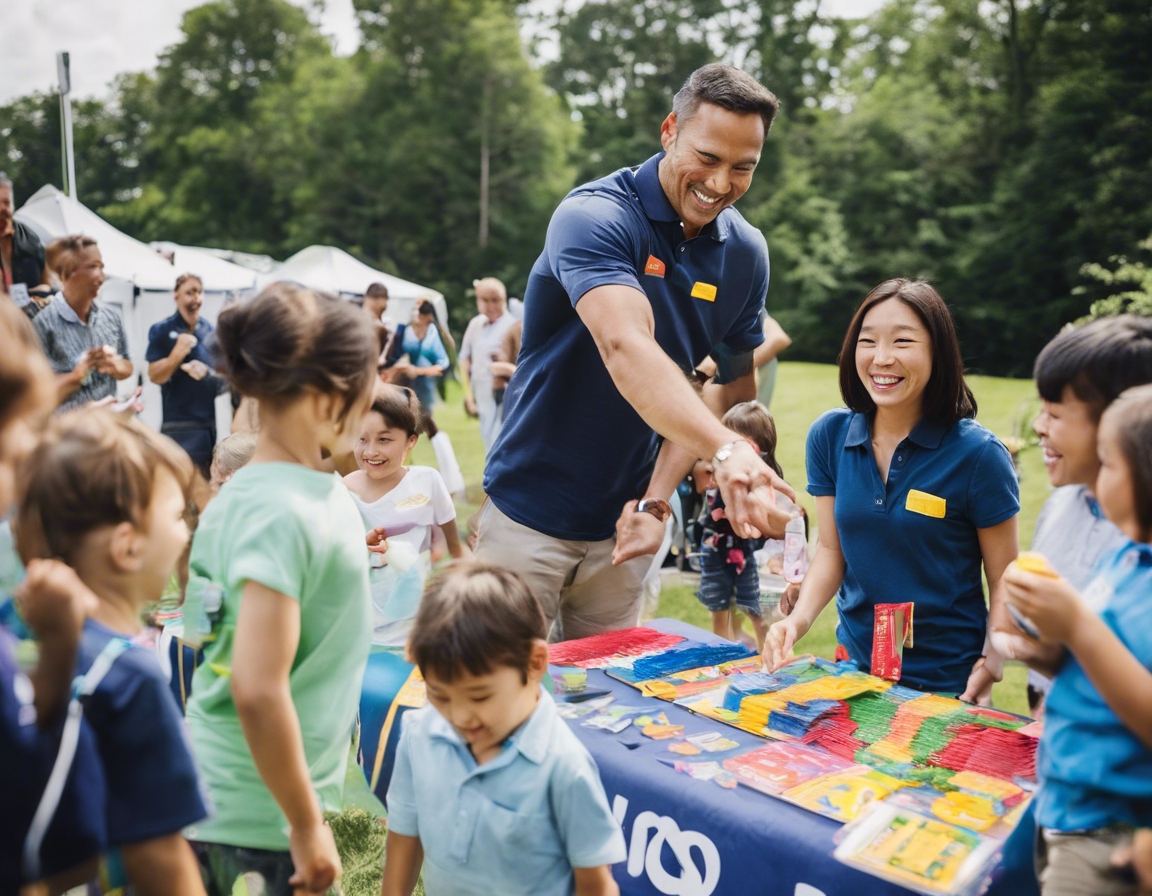Maximizing impact: innovative marketing event strategies
Experiential marketing is a dynamic approach that immerses consumers in a brand through interactive experiences. It's about creating a memorable connection that resonates on a personal level, leading to increased brand loyalty and word-of-mouth promotion.
Innovation in event marketing is not just about using the latest technology; it's about crafting unique experiences that stand out in a crowded market. It's the difference between a standard event and one that becomes the talk of the industry.
Strategies for Designing Impactful Marketing Events
From virtual reality to live streaming, technology can enhance the event experience and extend its reach. Digital integration allows for real-time engagement and data collection, providing valuable insights into attendee behavior.
A strong, relevant theme can set the tone for the event and provide a cohesive narrative. It should align with the brand's values and message, creating a seamless experience from invitation to follow-up.
Personalization is not a one-size-fits-all solution. It's about understanding your audience and tailoring the event to their interests and needs, ensuring that each attendee feels valued and understood.
Engagement Tactics for Memorable Events
Interactive experiences and gamification can transform passive attendees into active participants. These elements encourage involvement and can lead to a deeper emotional connection with the brand.
Social media is a powerful tool for amplifying event impact. By creating shareable content and encouraging online interaction, brands can extend the conversation beyond the physical event space.
Events are an ideal platform for networking and community building. Facilitating connections between attendees can foster a sense of belonging and strengthen the brand community.
Measuring Success and ROI of Marketing Events
Identifying the right KPIs is crucial for measuring event success. These may include attendee satisfaction, lead generation, and social media engagement, among others.
Gathering feedback is essential for continuous improvement. Post-event surveys and data analysis can provide insights for refining future events and maximizing ROI.






Comments (0)